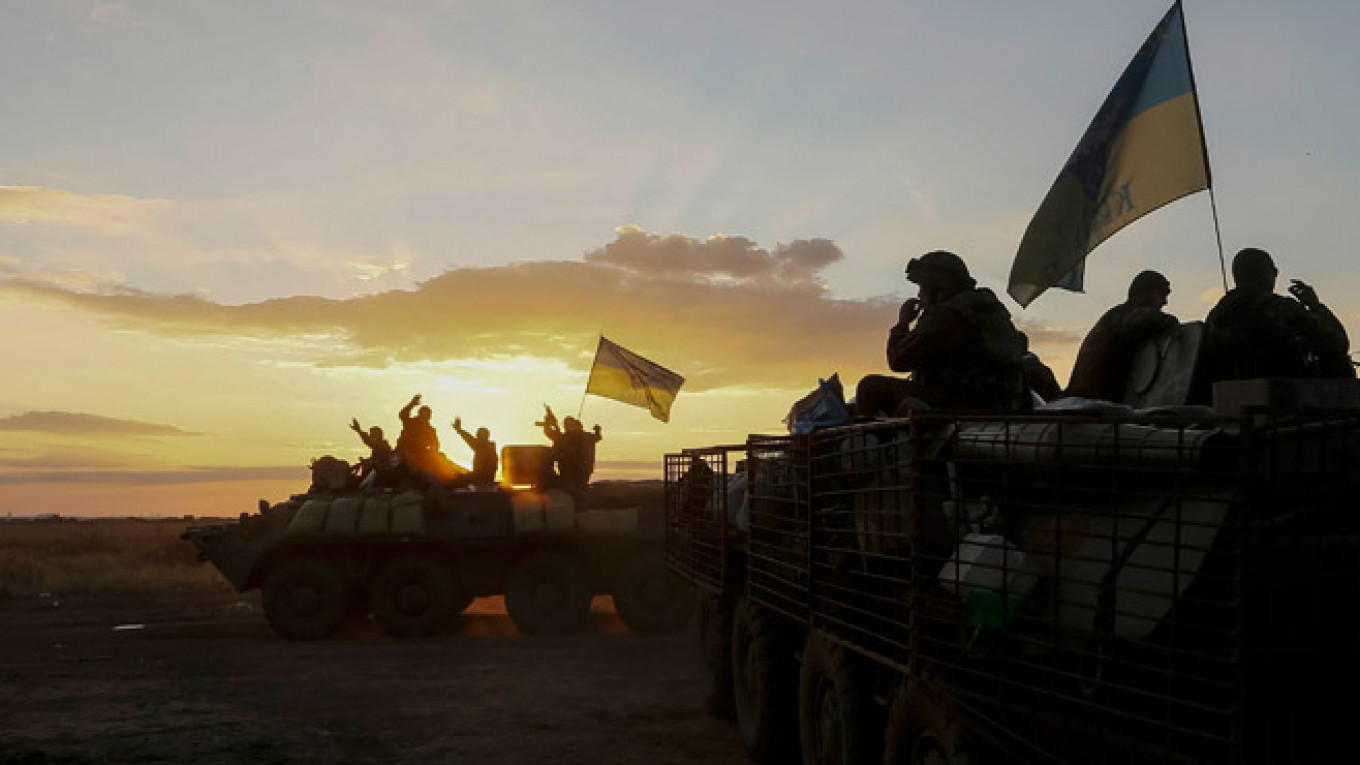I'm a fairly typical product of the great Soviet melting pot. My father was born in Bishkek, the capital of Kyrgyzstan, and grew up in Almaty, then the capital of Kazakhstan. His own father was a career military officer from a family of Omsk Cossacks. Both my grandparents on my father's side are buried in Almaty. My mother was born in Moscow, but her parents, like tens of thousands of Pale of Settlement Jews, came there from Ukraine in the early 1920s.
Just as U.S. President Barack Obama, who is of mixed race, is generally thought of as "black," so while I lived in the Soviet Union I was considered Jewish, not Russian. It was a fine distinction but an important one, given various ways in which Jews were discriminated against in the doddering years of communism.
But after emigrating from the Soviet Union, all other Soviet Jews and I immediately became Russian as far as everyone else was concerned. After the collapse of the Soviet Union, it was Russia that interested me, both professionally as an economist and personally. I was happy to see the changes that were so striking in Moscow during the 1990s and the early 2000s, the signs of modernization and integration into the world economy and the growing prosperity and sophistication of Russia's nascent middle class.
The war in Ukraine changed all that. Russia's economic future has become predictable. A kleptocracy operating under international sanctions has no chance of transforming itself. It will collapse sooner or later and the economy will need to be rebuilt from scratch once more, entailing another destruction of consumer savings and general impoverishment. Instead of joy, I feel deep concern for the well-being of Russia's middle class and for the safety of my friends.
Ukraine, on the other hand, is suddenly far more interesting, and not just from an economic or political point of view. I had never before thought of Kiev as a city linked to my origins. But on a recent trip, I made a point of looking up my grandma's old address in the once predominantly Jewish Podil neighborhood. Her house no longer stands, but the surrounding buildings have not changed much and the view down her Kostiantynivska Ulitsa is pretty much the same as it was in the early years of the 20th century.
Looking at old photos I see a well-to-do family of five girls and a boy. My grandmother never considered herself Ukrainian. She didn't know the language and didn't seem to give much thought to her childhood years. But then again, in the only picture showing all her siblings together, a staged shot by a Kiev photographer, they are wearing Ukrainian costumes. And in some parts of the family, the ties to Ukraine run very deep. The only cousin who stayed in Kiev, Sheli Krentsel, coauthored the definitive eleven-volume Ukrainian dictionary published in the 1970s.
But I wonder where my grandmother's loyalties would lie if she were alive today. The lines between Ukraine and Russia are much starker now than they were her time. Ukrainian journalist Vitaly Portnikov wrote recently that the war in Ukraine marks the true end of the Soviet Union. The velvet divorce of 1991 was incomplete, and Ukraine is only now asserting its true nationhood on the bloody battlefields of its southeast.
Strangely, this echoes what President Vladimir Putin said about another ex-Soviet republic, Kazakhstan, when he ominously observed that it had never achieved legitimate statehood. The Kazakh response was understandably nervous, no doubt fearing a rerun of imperial Novorossia in their Russian-speaking north. If there is now trouble in Kazakhstan, I wonder whether I won't similarly start to discover my Almaty roots.
Alexei Bayer, a native Muscovite, lives in New York. His detective novel "Murder at the Dacha" was published by Russian Life Books in 2013.
A Message from The Moscow Times:
Dear readers,
We are facing unprecedented challenges. Russia's Prosecutor General's Office has designated The Moscow Times as an "undesirable" organization, criminalizing our work and putting our staff at risk of prosecution. This follows our earlier unjust labeling as a "foreign agent."
These actions are direct attempts to silence independent journalism in Russia. The authorities claim our work "discredits the decisions of the Russian leadership." We see things differently: we strive to provide accurate, unbiased reporting on Russia.
We, the journalists of The Moscow Times, refuse to be silenced. But to continue our work, we need your help.
Your support, no matter how small, makes a world of difference. If you can, please support us monthly starting from just $2. It's quick to set up, and every contribution makes a significant impact.
By supporting The Moscow Times, you're defending open, independent journalism in the face of repression. Thank you for standing with us.
Remind me later.






